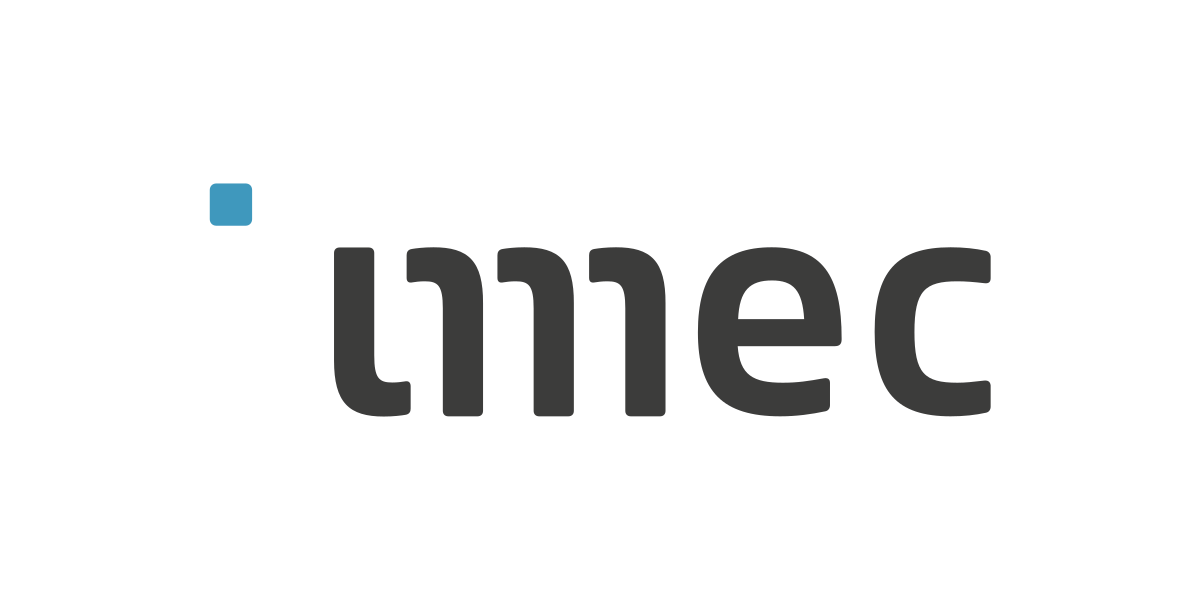Leuven-developed game should help children get rid of stuttering
The Leuven-based start-up Say It Labs is working on a video game for stuttering children. Because they have to control the characters while talking, it is a form of therapy.

No controller is needed to play 'Fluency Friends'. The children do everything with their voices, and that's conscious. The game of the Leuven start-up Say It Labs, a spin-off of the Vrije Universiteit Brussel and the research centre Imec, is part of the therapy for stuttering. The game is being fully tested in about fifty patients in the United States.
In stutter therapy, tempo, tone, volume and breathing are important. Say It Labs weaves all these aspects through the game. The gamers have to let the characters overcome obstacles, for example by saying as many words as possible. The characters also have to move between islands, which can only be done by blowing into the microphone - and in the game into the sails of the sailboat - with proper breathing.
The idea comes from two Belgian veterans in speech therapy and technology. Erich Reiter, originally a Canadian but living in our country for years, first worked as an expert on speech technology. Then he applied himself to speech disorders. At American Nuance Communications, he was involved in the development of Siri, the speech recognition technology that later fell into Apple's hands. His companion Lukas Latacz obtained a PhD at the VUB in the field.
Speech therapist
Fluency Friends' should be an addition to the speech therapist's sessions. Reiter: 'When I started concentrating on speech disorders, I noticed that children make slow progress. And that's a shame, because stuttering can grow out of it in children. The longer you wait, the more difficult it is to cure. With the game he hopes that children will do stutter therapy more intensely, without seeing it that way themselves. Children don't like to go to the speech therapist, but they do like to play games.
Reiter and Latacz had to fine-tune the algorithms behind the game so that they could take account of incorrect articulation.
For the development, the duo had to overcome some obstacles. Speech recognition may be fairly well established, but unlocking the technology for people with a speech disorder is less obvious. Reiter and Latacz had to refine the algorithms behind the game so that they could take incorrect articulation into account. The structure of the game also required attention: the therapy must be structured in such a way that a child can also take the skills to the real world.
The game will be released later this year, as an app for the tablet and in a version for the desktop or laptop. Because Say It Labs receives support from the Flemish Audiovisual Fund (VAF), there will be an English version as well as a Dutch version anyway.
Source: Pieter Haeck (De Tijd)
Translated from Dutch to English by Leuven MindGate
Related News
How can we help?
The Leuven MindGate team is at your disposal for any questions about the Leuven Innovation Region. Do you want to invest, work or study in the region? We can help you find your way.
We also facilitate collaboration and innovation between companies, knowledge institutes and government within the Leuven Innovation Region, and we are happy to guide any of these stakeholders towards innovation.











